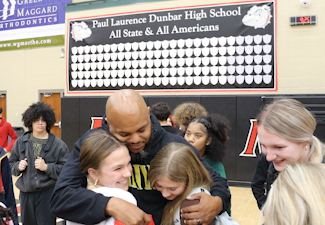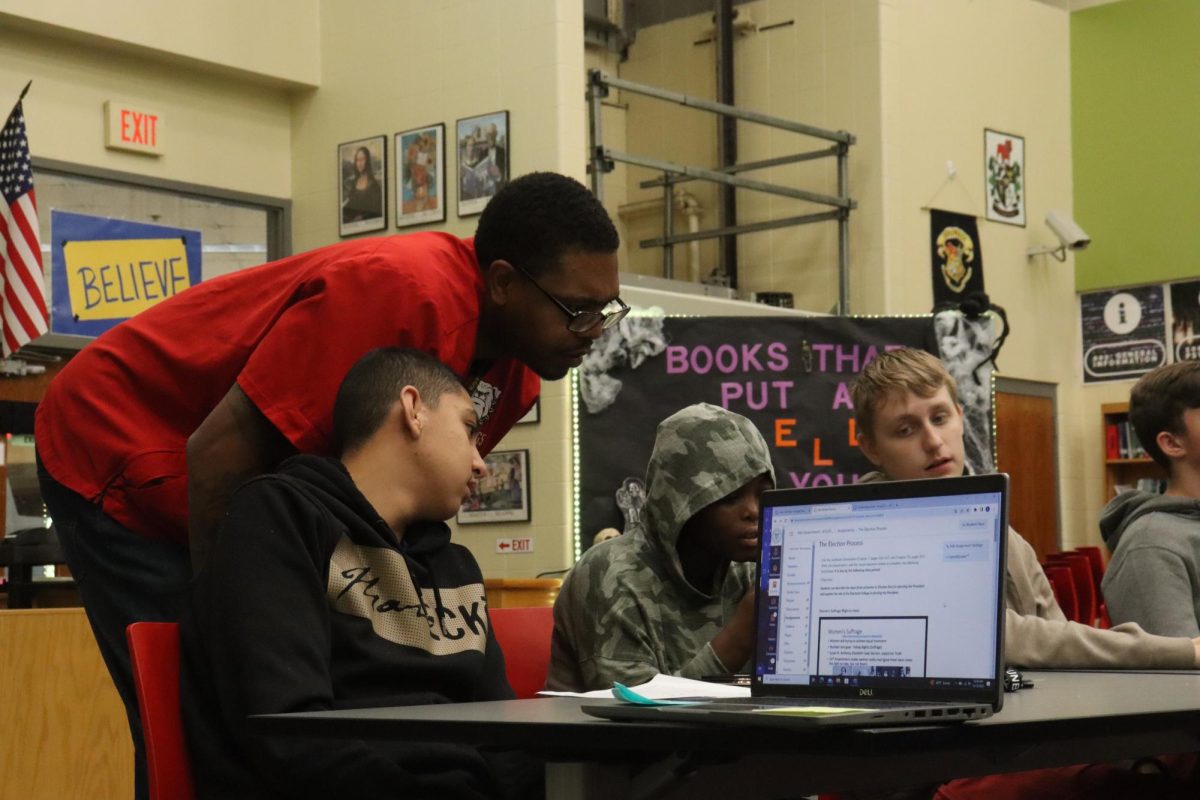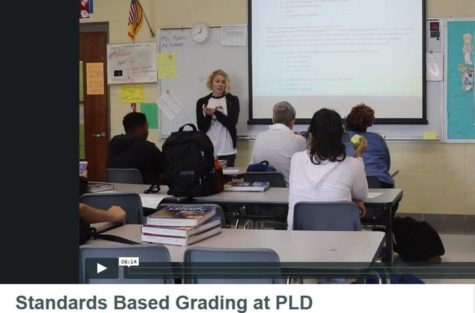PLD Grading System Seven Years Later
The policy remains controversial with many wondering if the benefits outweigh the negatives.
Schools use a variety of different systems depending on which suits their school best. Since 2016, Dunbar has used a system called Standards-Based Grading (SBG).
SBG was created by Thomas Guskey, a professor in the University of Kentucky College of Education’s Department of Educational, School, and Counseling Psychology. Guskey conducted a study to see how education and learning have evolved over time and he reflected his findings in a popular article, The Case Against Percentage Grades.
Standards-based grading has been controversial at Dunbar since it was introduced in 2016.
In its first year, a body of student representatives created a report called Standards Based Grading Student Perspective which stated “Misunderstanding, misinterpretation, and miscommunication have kept this initiative from being successful.”
The students went on to do research that included both student and teacher perspectives.
When asked if they had a clear understanding of SBG, only 1 out of 7 teachers said that they felt completely comfortable and prepared to implement it in 2016.
When asked to give their best, brief definition of SBG, many teachers could not fully explain what it meant, and none of the definitions matched.
Dunbar has a very specific system using a five-point scale (5, 4, 3, 2, and .1) and assesses students in two categories: formative and summative. Formative work is practice and therefore doesn’t receive a grade, so without extrinsic motivation, students simply do not do the practice.
¨Students feel like if it doesn’t count, they don’t have to do it,¨ said English teacher Mrs. Tara Wilkinson.
Other teachers also find it frustrating when students do not give effort towards formatives that help prepare them for a summative.
¨It is hard to get a teenager to do formative work when they know it does not count,¨ said chemistry teacher Mr. Jason Swango.
While this system is frustrating to the teachers, for certain students, it can be rewarding.
With SBG, students are allowed to retake the standards of a test if they score poorly on the first try. Many students have gotten used to this privilege and practically rely on it. Because of this, the system remains controversial nearly seven years later.
¨It allows students to have the opportunity to be responsible or irresponsible based on what they want because formatives aren’t counted as a grade, but instead, what you learn is reflected in your test scores,¨ said sophomore Grace Sun.
Mrs. Wilkinson agrees with the benefits for some students.
¨It benefits students who are internally motivated but need extra practice,” said Mrs. Wilkinson. ¨There are a lot of kids in the middle who do count on that kind of constant motivation. In terms of fairness, it’s a different kind of unfair.¨
While some may argue the benefits of standard-based grading, many questions its ability for students to be successful later in life.
Mr. Swango was blunt in his analysis. “This grading system does not prepare them any better for college,” he said.
In the 2016 report, the students presented a statement that continues to ring true: “We, the students, are on the front lines, moving from classroom to classroom–some implementing and some not–and we are the ones who are living with the consequences of this new policy.”
There is a Standards-Based grading committee led by English teacher Mrs. Colleen Burns that meets monthly to discuss the grading policy and review data. The policy has changed throughout the years based on feedback from teachers.

Hi, I am Sia! This is my third year on staff and I am excited to continue being on Lamplighter! Outside of school, I am a big writer, runner, and debater!...


























